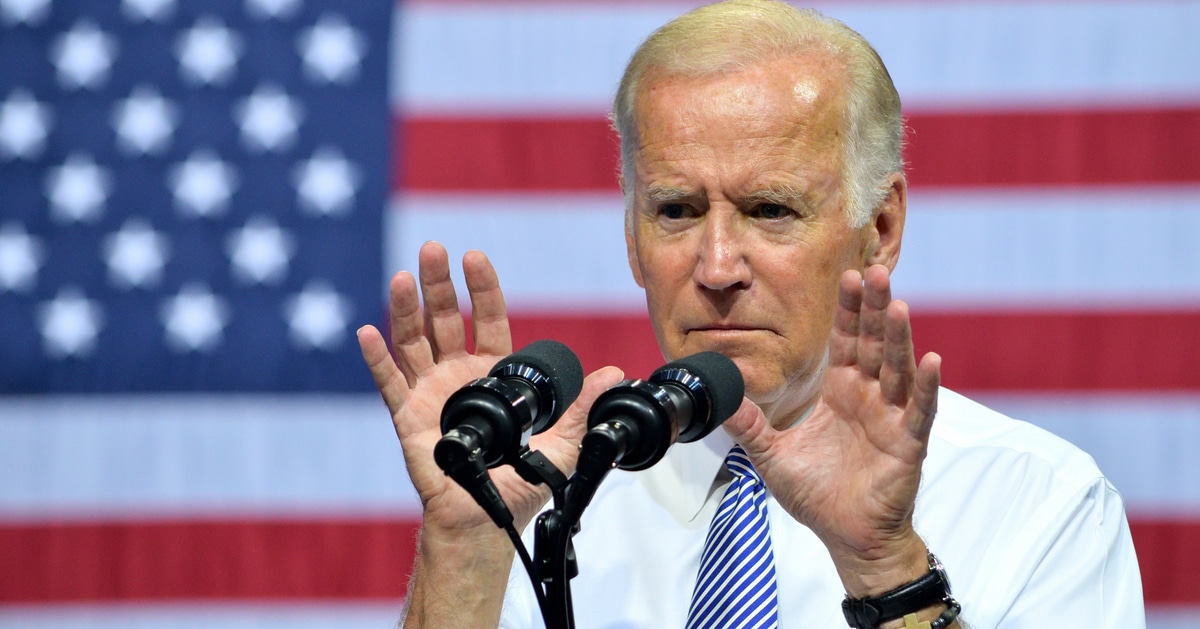




Senate Majority Leader Chuck Schumer has introduced the "No Kings Act" in an effort to overturn a recent Supreme Court decision that grants presidential immunity.
Fox News reported that this legislation, which aims to limit the power of the Supreme Court, faces strong opposition in both the Senate and the Republican-controlled House, making its passage unlikely.
Schumer has written an op-ed in the Washington Post defending his stance against the Supreme Court’s ruling, which granted presidential immunity to former President Donald Trump in a recent case.
The op-ed, published on Thursday, reflects Schumer’s deep concerns about the implications of the court’s decision on the balance of power within the federal government.
In his op-ed, Schumer criticized the Supreme Court’s decision as a dangerous expansion of executive power, arguing that it runs counter to the principles established by the Founding Fathers.
He claimed that the Founders would be "appalled" by the unchecked power the ruling grants to the executive branch, suggesting that they would be "turning in their graves" over the decision.
To address this perceived overreach, Schumer introduced the "No Kings Act," a measure designed to overturn the Supreme Court’s ruling on presidential immunity. The legislation seeks to establish that former presidents and vice presidents cannot claim legal immunity for actions taken while in office that violate the law.
The "No Kings Act" includes several key provisions aimed at curbing the Supreme Court’s authority.
It would explicitly remove the court’s power to rule on the constitutionality of the measure itself, effectively limiting its ability to challenge the law. Additionally, the legislation would allow the government to prosecute former presidents or vice presidents in any district court across the country, ensuring that they can be held accountable for their actions regardless of where they are tried.
Schumer has faced criticism from some quarters, with opponents drawing comparisons between his efforts and past tactics used by Republicans to limit the power of the courts. However, Schumer has dismissed these comparisons, arguing that his measure is a necessary response to what he sees as a growing threat to democracy posed by a conservative-dominated Supreme Court.
In defending his legislation, Schumer emphasized the need for action to prevent the Supreme Court from becoming too powerful. He argued that the Founding Fathers, in their "infinite wisdom" 235 years ago, provided a remedy for preventing any branch of government from accumulating excessive power.
According to Schumer, the "No Kings Act" is a way to "overturn the court’s unprecedented ruling and restore that long-standing American principle — that a president must be subject to the laws of the land."
Schumer was particularly critical of what he described as the "hard right" and its efforts to use the courts to undermine democracy.
He warned that Democrats would be "foolish" to allow this overreach to continue simply because they fear Republicans might employ similar tactics in the future. For Schumer, the stakes are too high to remain passive, and he sees this legislation as a crucial step in protecting the integrity of American democracy.
The measure has garnered support from 36 Democratic senators who share Schumer’s concerns about the Supreme Court’s influence.
They argue that the "plain language" of Article III, Section 2 of the Constitution grants Congress the authority to address what they see as excessive overreach by the judiciary. This section of the Constitution, they contend, empowers the elected branches of government to enact laws that can check the power of the courts.
Schumer further argued that the Constitution did not envision the Supreme Court as an "infallible, untouchable" body. Instead, the Founders intended for the elected branches of government to have the ability to correct judicial overreach when necessary.
In his view, Congress, as the branch closest to the people, has both the right and the responsibility to shape the structure of democracy, particularly when it comes to ensuring that no branch of government becomes too dominant.
Despite Schumer’s passionate defense of the "No Kings Act," the legislation faces an uphill battle in Congress. In the Senate, the bill would need 60 votes to overcome a filibuster, a threshold that is unlikely to be met given the current political climate.
Even if it were to pass the Senate, the bill would face even greater challenges in the Republican-controlled House of Representatives, where it is almost certain to be rejected.
The fierce opposition to the bill reflects the deep partisan divide over the role of the Supreme Court and the limits of executive power.
While Schumer and his allies view the "No Kings Act" as a necessary check on an increasingly powerful judiciary, critics see it as an overreach by the legislative branch that could set a dangerous precedent.



